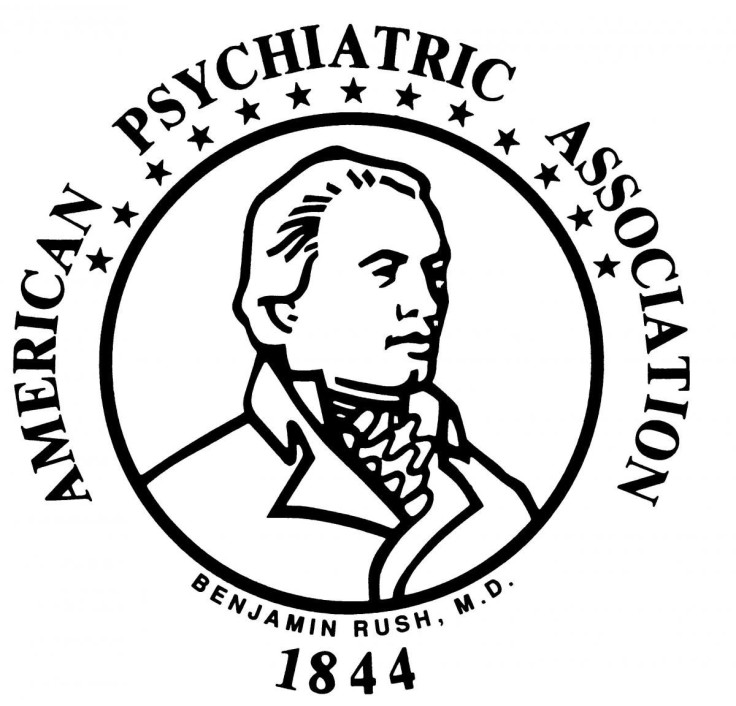Is Mental Illness Over-diagnosed? Backlash Over The New DSM-V

Prominent forces are criticizing the American Psychiatric Association's Diagnostic and Statistical Manual of Mental Disorders, Fifth Edition, the newly revised cannon of the mental health community, to be released Wednesday.
Dr. Thomas R. Insel, director of the U.S. National Institute of Mental Health, the federal government's leading agency on mental illness research and treatment, questioned the book's validity, while the UK's Division of Clinical Psychology of the British Psychological Society urged practitioners to abandon psychological diagnoses entirely.
The Society stated, "Psychiatric diagnosis is often presented as an objective statement of fact, but is, in essence, a clinical judgment based on observation and interpretation of behavior and self-report, and thus subject to variation and bias."
Among the changes in the new revision, the manual authors have reclassified mental retardation and autism as psychiatric diagnoses, renaming the conditions as an "intellectual disability" and "autism spectrum disorder," respectively. The new revision eliminates Asperger's syndrome as a diagnosis, placing it within the autism spectrum, pleasing researchers who've advocated for replacing diagnostic categories with dimensional ratings.
The new manual adds a number of new diagnoses, however, including "mild neurocognitive impairment," which some say pathologizes normal mental decline in aging, as well as "premenstrual dysphoric disorder" as a depressive illness that some say pathologizes normal hormonal shifts in women.
The modern DSM grew from knowledge collected from census and psychiatric hospital statistics, and from a U.S. Army manual, first published formally in 1952. The manual was revised substantially in 1980, removing diagnoses no longer considered to be mental illnesses — such as homosexuality — while adding the new, such as borderline personality disorder, a delusion-based illness.
But now the British Psychology Society and others believe diagnoses for illnesses such as schizophrenia, bipolar disorder, personality disorder, attention deficit hyperactivity disorder, and conduct disorder, are of "limited reliability and questionable validity." And they question the inclusion of behaviors considered to be normal, including shyness, excessive Internet use, and depression after bereavement.
"Strange though it may sound, you do not need a diagnosis to treat people with mental health problems," said Dr. Lucy Johnstone, a consultant clinical psychologist, who helped write the Society's position statement.
However, some psychologists believe the Society's condemnation of the new DSM represents a shift away from viewing mental illnesses as phenomena grounded in biological reality, which is backed by significant genetic study. "The statement isn't just an account of the many problems of psychiatric diagnosis and the lack of evidence to support it," Mary Boyle, emeritus professor at the University of East London, told media. "It's a call for a completely different way of thinking about mental health problems, away from the idea that they are illnesses with primarily biological causes."
Psychologists such as Boyle assert that such criticisms ignore literature implicating biological factors in mental health, including genetics. The claims also mischaracterize the psychology industry's position by ignoring the impact of the social environment on mental health, part of the emerging field of epigenetics.
To be fair, many psychiatrists and psychologists agree that diagnosis of mental disorders is an inexact science, but provides a useful tool for treating a patient's ailments. Harold S Koplewicz, a leading child and adolescent psychiatrist, wrote in the Huffington Post, "those lists of behaviors in the DSM, and other rating scales we use, are tools to help us look at behavior as objectively as possible, to find the patterns and connections that can lead to better understanding and treatment."



























